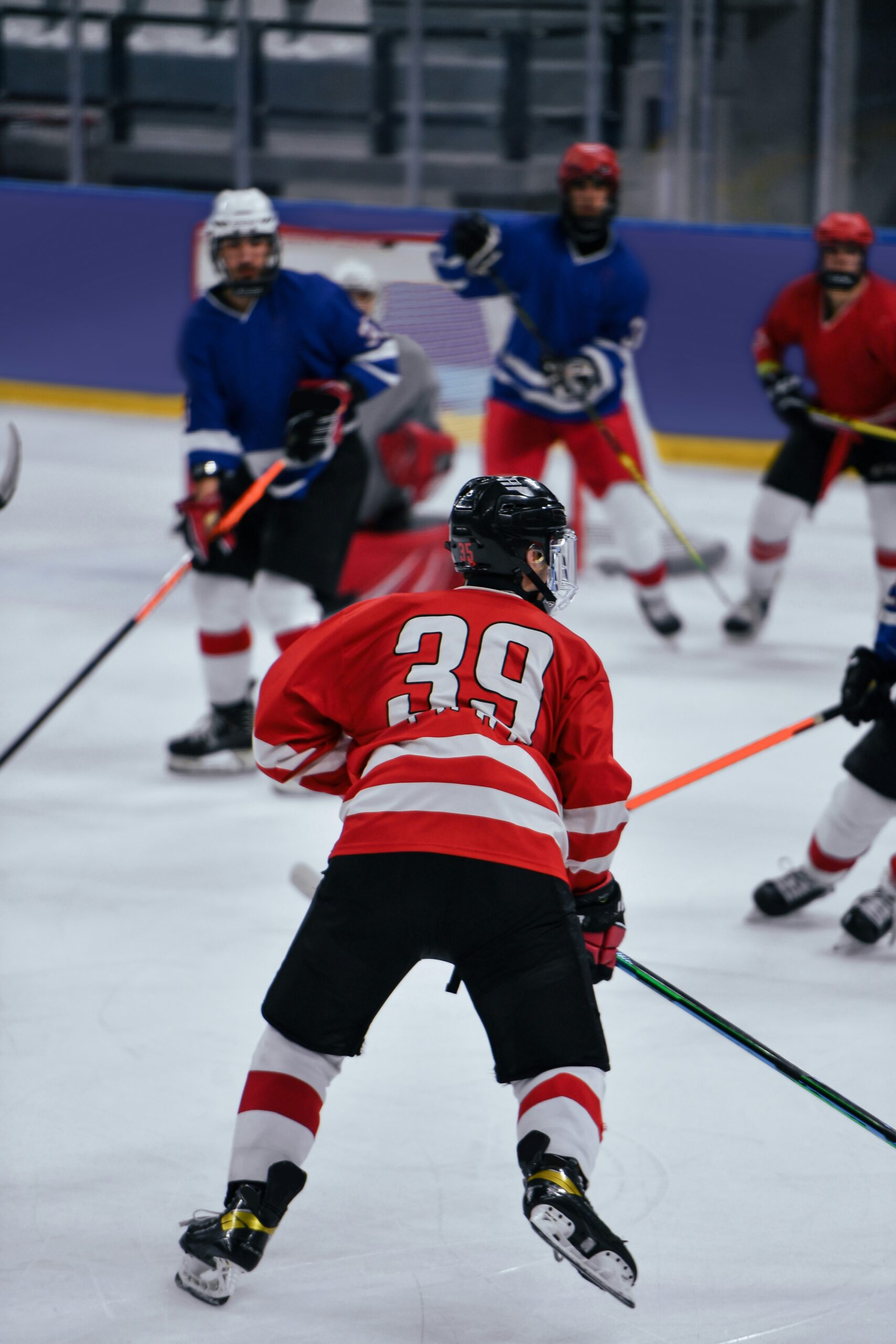
Developing trust with young hockey players starts with open, honest communication. Coaches must create a supportive environment where players feel valued. Listening actively to their concerns builds confidence and strengthens team bonds. Establishing clear expectations helps them understand their roles on and off the ice.
By fostering a culture of respect, coaches encourage players to express themselves without fear of judgment. This foundation helps players feel secure, motivating them to give their best effort. Transparency and constructive feedback further nurture trust, allowing young athletes to thrive.
Setting Goals to Drive Motivation and Growth
Young hockey players need clear, achievable goals to stay focused and driven. Coaches should set both team and individual objectives. Short-term goals, like mastering a specific skill, keep players engaged. Long-term goals, such as winning a championship, inspire dedication and teamwork.
Encouraging players to track their progress keeps motivation high. Recognizing milestones boosts morale and reinforces the value of consistent effort. This approach cultivates a growth mindset, teaching players to embrace challenges as opportunities for improvement.
Encouraging Teamwork and Collaboration on the Ice
Hockey is a team sport that thrives on collaboration. Coaches should emphasize the importance of working together to achieve success. Drills focusing on passing, positioning, and communication help players develop chemistry on the ice.
Encouraging players to celebrate each other’s successes strengthens team unity. By promoting inclusivity, coaches help players understand their unique contributions. This collaborative mindset ensures the team operates as a cohesive unit, even during high-pressure situations.
Balancing Discipline with Positive Reinforcement
Effective leadership involves finding the right balance between discipline and encouragement. Clear rules and consistent enforcement establish structure, while positive reinforcement fosters enthusiasm. Coaches should address mistakes constructively, focusing on lessons rather than punishment.
Acknowledging efforts and celebrating achievements motivates players to maintain high standards. This balanced approach builds discipline without diminishing players’ passion for the game. Over time, young athletes learn accountability and resilience, essential qualities for success.
Fostering a Love for the Game Beyond Competition
Instilling a lifelong love for hockey requires more than focusing on wins and losses. Coaches should encourage players to enjoy the journey. Fun team-building activities and creative drills keep practices engaging and enjoyable.
Highlighting the life lessons hockey offers—like perseverance, teamwork, and sportsmanship—helps players appreciate the sport’s value. Encouraging community involvement, such as volunteering at youth clinics, deepens their connection to the game.
By prioritizing development over results, coaches inspire young players to cherish hockey both as a sport and a passion.
Leading young hockey players effectively demands a balance of mentorship, strategy, and inspiration. With these approaches, coaches can guide players toward success while fostering a lasting love for the game.